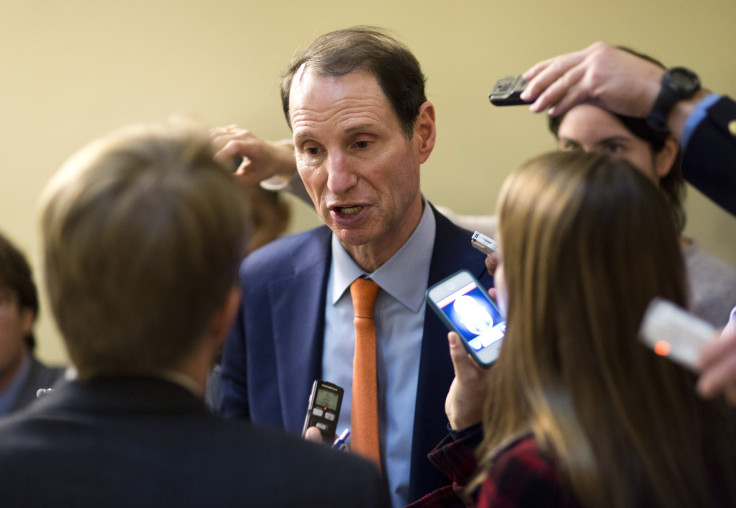Congress Passes Bill Temporarily Reviving Tax Breaks Through 2014

Dozens of lapsed tax breaks were revived Tuesday, as the U.S. Senate passed a bill that extends them through 2014 and will cost taxpayers approximately $42 billion over 10 years. The bill easily passed in the House earlier this month and now heads to the Oval Office for signing into law, according to Reuters.
Multinational corporations like General Electric Co. and Intel Corp. benefit from the extended tax breaks, along with individuals who sold homes in short sales or live in states sans income taxes. The package of tax incentives also included some provisions like business research and charitable donations from retirement accounts, which received broad bipartisan support. The bill also targeted specific industries, such as wind energy, Bloomberg News reported.
Passing the legislation grants Congress the “dubious distinction” of narrowly avoiding a serious disruption to the 2015 tax-filing season, Republican Sen. Orrin Hatch of Utah told Bloomberg News. Senate Finance Committee Chairman Ron Wyden urged Congress in a floor speech to provide greater certainty for taxpayers next year. “This package of tax incentives will last just two weeks before families and businesses are thrown back into the dark with respect to the taxes they owe,” Wyden reportedly said. “The Congress is about to pass a tax bill that doesn’t have the shelf life of a carton of eggs.”
Obama threatened to veto a $440 billion tax deal in November from House Republicans and Democratic Senate Majority Leader Harry Reid that would have made some of the tax breaks permanent, including research tax credit and state sales tax deduction. White House officials said the president would veto the proposed bill because “it would provide permanent tax breaks to help well-connected corporations while neglecting working families,” the New York Times reported in November. The standoff divided Democrats and isolated Obama from Reid.
© Copyright IBTimes 2024. All rights reserved.











